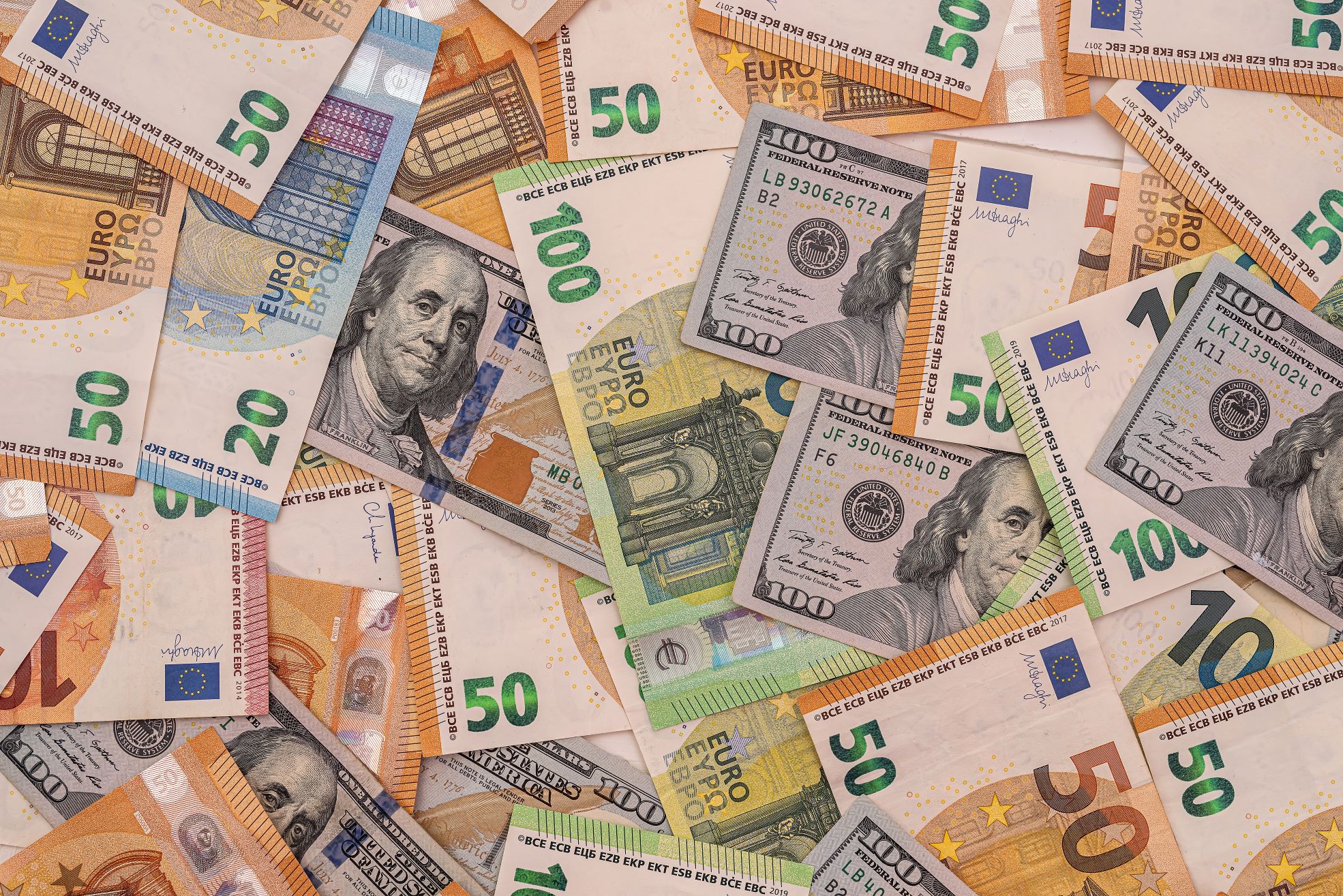The recent appreciation of the shekel against the dollar and other major currencies in Israel has continued to gain momentum, with significant fluctuations observed in the forex market. On Wednesday, the dollar weakened by 1.7% against the shekel, reaching a level of NIS 3.65. This decrease represented a decline of approximately 2% within just two days. Since the beginning of the year, the dollar has seen an overall strengthening of nearly 4% against the shekel. Additionally, the euro and the pound also experienced weakening trends against the shekel, with drops of about 1.4% and 1.2% respectively, in the past two days.
The latest shift in the shekel’s trajectory against major currencies is part of a series of fluctuations witnessed in the Israeli currency over the past few months. These fluctuations have been influenced by various factors, including concerns regarding the potential consequences of government-led judicial reform.
According to experts, the legal reform has been the primary driver of the shekel’s performance since the end of January. Even the passing of the budget did not change the sentiment, as fears arose regarding renewed legislative attempts based on statements made by the Prime Minister and coalition members in support of the judicial reform. However, recent developments were indicative of a potential compromise, which in turn almost entirely erased the shekel’s devaluation of the past two weeks. Reports suggest that the reform is expected to be passed in a softened manner to mitigate potential economic damage.
However, it is too early to pop the champagne, as the situation remains delicate. If it turns out that the government is using a tactic of delay and there is no substance behind the latest developments, the risk premium could quickly rise again, leading to a rapid devaluation of the shekel.
Bank Leumi, a prominent financial institution in Israel, emphasises in its review that the shekel’s appreciation can be primarily attributed to foreign activity. According to the bank’s analysis, the devaluation that occurred two weeks ago, when the exchange rate changed from 3.65 to 3.75, was primarily the result of foreign participants’ actions on the market.
However, the review highlights the prevailing high level of uncertainty in global financial markets, including Israel, which in turn contributes to abnormal levels of volatility. This heightened uncertainty manifests as significant fluctuations of 2%-3% in either direction, further underscoring the challenges and unpredictability faced by market participants.
In conclusion, the recent appreciation of the shekel against major currencies in Israel reflects a complex interplay of factors, including developments in judicial reform, geopolitical influences, and expectations of compromises within the political landscape. While the shekel has experienced significant gains, the fragility of the situation highlights the importance of continued monitoring of market dynamics and maintaining trust in the government’s economic policies.





0 Comments